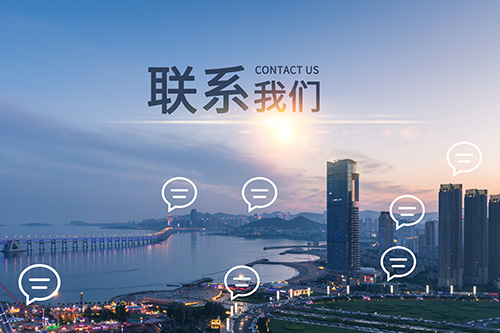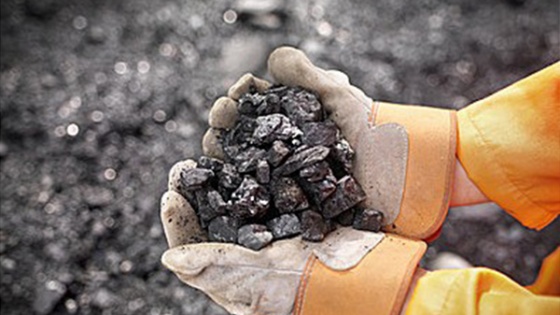- Home
- About Us
-

About Us
Jiangyin Changjiang Electric Appliance Co., Ltd. has pioneered the application of LED technology in the field of low-voltage electrical signal lights in China and successfully developed a series of products, which officially founded the "Changjiang Electric Appliance" brand and gradually built it into a famous brand in China.
Learn More -
-
- Product
-

Product
The luminous body workshop implements dust-free management, covering rivets, PIN insertion, crystallization, bonding, intermediate testing, encapsulation and finished product testing, with an average monthly output of 800,000 units. The signal lamp workshop has automatic welding machine, multi-axis welding machine and all kinds of automatic assembly equipment, and the annual output can reach 10 million. Button workshop has a rich product series, complete functions, a wide range of applications, and is equipped with a full range of automation equipment, with an annual output of 6 million. Wanzhuan workshop product variety is complete, rich variety, support customization, and has an automatic assembly line, the annual output of more than 2 million.
Learn More -
Construction Machinery Products Led Engineering Lights 6 Bead Working Light 9 Bead Working Light 10 Bead Working Light 16 Bead Working Light 18 Bead Working Light Fire Engine Working Light LED Reading Light LED Combination lamp Switch One-Click Start Switch Wiper Switch Horn Switch Socket Electrical Reclaimer USB Power Socket Cigarette Lighter Electrical Outlet LED Warning Light Single Type Warning Light φ50mm φ60mm φ90mm φ140mm Integrated Warning Light φ60mm Combined Warning Light φ70mm LED Pilot Lamp AD11 φ8mm(Series) AD11 φ10mm(Series) AD11 φ12mm(Series) AD11 φ16mm(Series) AD11 φ19mm(Series) AD11 φ22mm(Series) Combination Light And Cabinet Light Buzzer φ16mm φ22mm Push Button Switch LA38 φ12mm(Series) LA38 φ16mm(Series) LA38 φ19mm(Series) LA38 Φ22mm(Series) LA38 Φ25mm(Series) LA38 φ30mm(Series) Universal Change-Over Switch LW38A Series LW38B Series LW38C Series LW38D Series LW38E Series LW38F Series Current Transformer Square Hole Compatibility Horizontal Rectangular Hole Vertical Rectangular Holes Screw Connection Metering Type Protective Type More..
-
- News
-

News
Changjiang Electric products have novel design, reliable performance, complete product varieties and series, and unique competitiveness. Focus on Changjiang electrical news, understand Changjiang electrical development events.
Learn More
-
- Customer Inquiry
- Download
-

Download
The company has always been adhering to the "three adherence" business philosophy: adhere to customer-centric, rapid response to customers' non-standard customized needs, and strive to provide customers with excellent solutions; Adhere to technological innovation as the support, constantly expand the R & D team, focus on product development and upgrading
Learn More
-
- Contact Us
-

Contact Us
Welcome to inquire Jiangyin Changjiang Electric Appliance Co., LTD., any questions, suggestions and consultations you have are our driving force, we are ready to provide professional, sincere and quick reply.
Learn More
-

